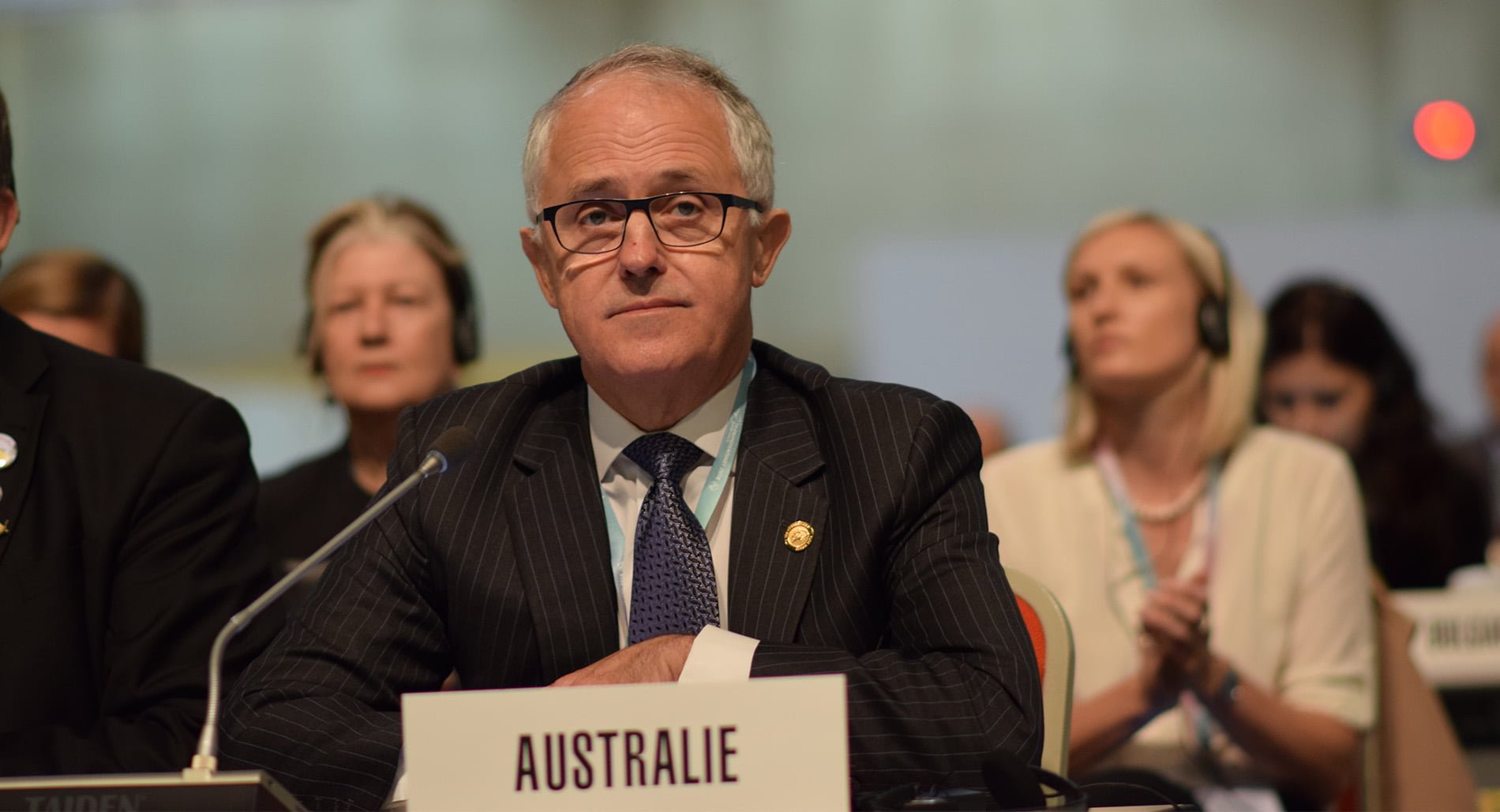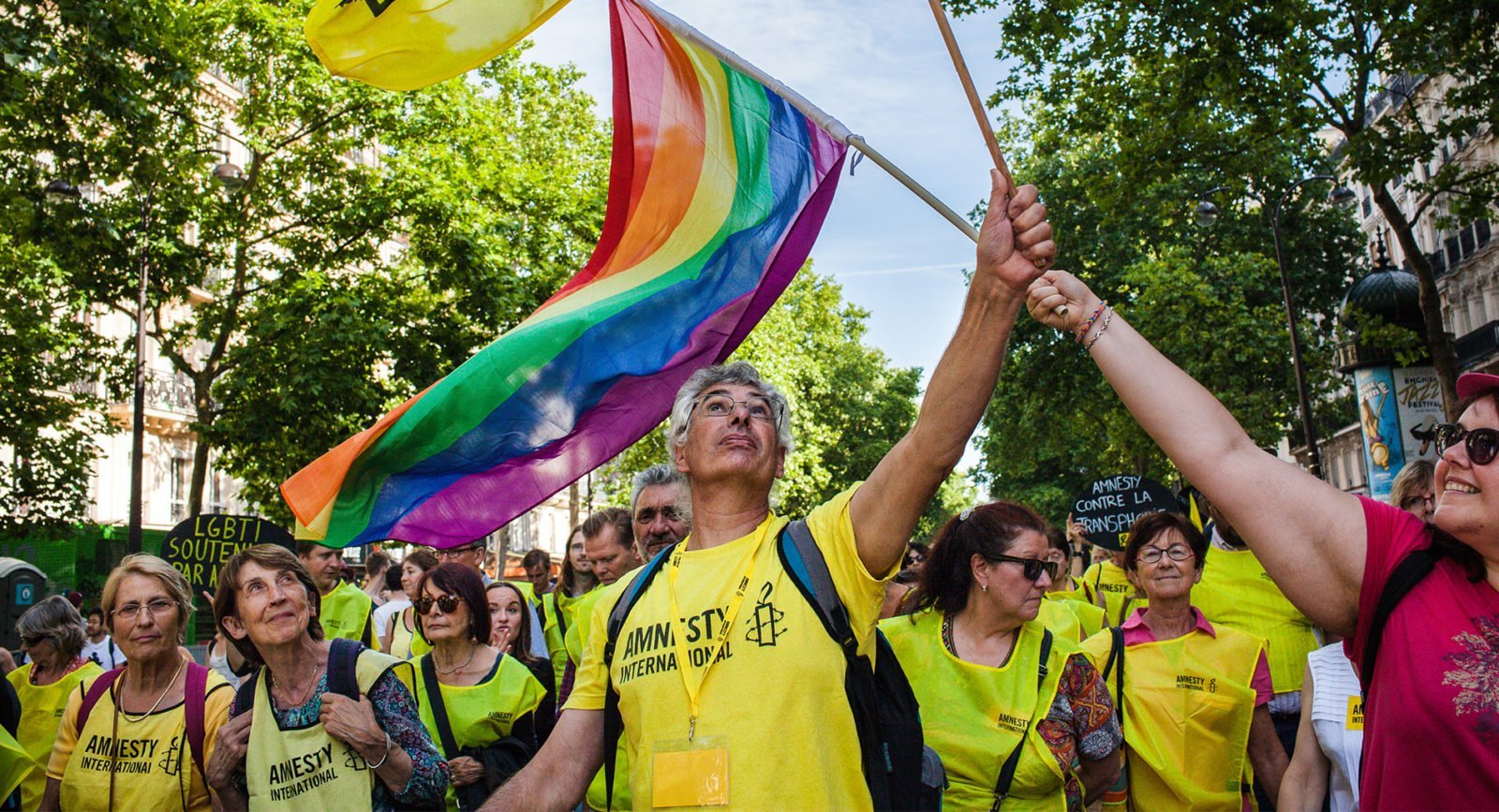With the dust settling after Malcolm Turnbull’s successful leadership spill, Amnesty’s Karamzo Saccoh looks at the implications the change in leader could have for marriage equality.
A change of heart
In his first speech to Parliament as Prime Minister, Turnbull wasted no time in casting a cloud over the prospect of marriage equality anytime soon. His decision to opt in to a plebiscite (national vote) instead of a conscience vote in Parliament highlights how politics can overshadow beliefs.

As Tony Abbott’s Communications Minister, Turnbull had questioned Abbott’s proposal to have a plebiscite on marriage equality. It was only a few months ago that Turnbull commented on the momentum lent to Australia’s marriage equality debate by changes to law in Britain, Ireland, South Africa, United States, Canada and New Zealand. So why has the sea change described by our Prime Minister as “sweeping through the world” somehow bypassed Australia?
Human rights and marriage equality
If the purpose of a plebiscite on marriage equality is to gauge the public’s opinion, the Australian public has already spoken. According to a recent report 72% of Australians want to see marriage equality for same-sex couples and a staggering 83% would like to see it happen via a free vote in parliament.
The Australian people have been joined by the courts in paving the way for marriage equality. The High Court of Australia has made it abundantly clear the Australian Parliament has the power to legislate and change the definition of marriage. The continued denial of marriage equality in Australia sends the wrong message to countries that continue to oppress and deny same-sex couples the dignity they deserve.
The growing calls for marriage equality cannot be ignored.
Love does not discriminate
Love, we can all agree, is a natural feeling that does not discriminate, so neither should laws defining marriage discriminate against same-sex couples. The same laws that recognise loving, caring, and committed relationships must also be extended to same-sex couples. Ireland, once considered ultra conservative in its views on this issue, has come to terms with the reality of our time and said yes to marriage equality. An example we should be following.
Today Australia remains the only developed English-speaking country to deny same-sex couples the right to marry. Will our new Prime Minister have the courage to put conviction above politics to make this important change?





